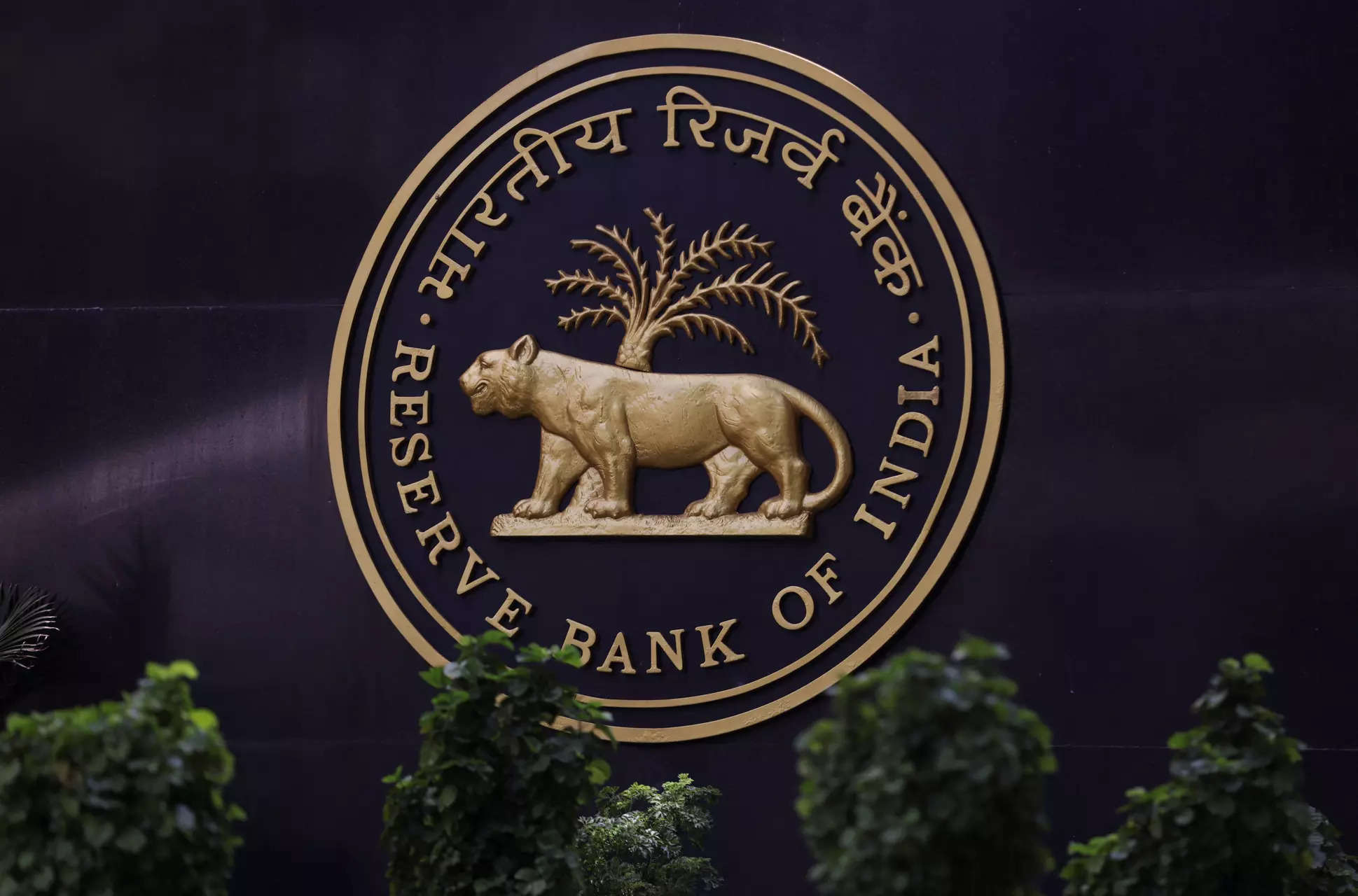
MONETARY operations by the Bangko Sentral ng Pilipinas (BSP) led to P1.54 trillion in excess liquidity having been mopped up as of April.
The central bank's term instruments, particularly the BSP bills and term deposit facilities (TDF), accounted for 69.2 percent of the total, the BSP said in its latest Monetary Policy Report.
Of this, BSP bills and the TDF had shares of 50.1 percent and 19.1 percent, respectively.
The overnight reverse repurchase and overnight deposit facilities, meanwhile, recorded shares of 21.4 percent and 9.4 percent, respectively.
Excess money in the financial system can lead to higher inflation, and the BSP employs a variety of measures to absorb this and influence demand and supply conditions.
In the report, the central bank noted that the overnight reverse repurchase rate had hit 6.0529 percent as of the April 26 auction, higher than the target reverse repurchase target of 6.5 percent.
The year-to-date average spread between the two, meanwhile, narrowed to 2.35 basis points from 3.04 basis points a month earlier.
TDF and BSP bill rates fell but stayed within the interest rate corridor and above the overnight reverse repurchase or policy rate, the BSP continued, with market participants having been "assigned a premium for the longer duration."
The weighted average for the seven-day and 14-day TDF fell by 0.84 basis points and 1.56 basis points to 6.53 percent and 6.5668 percent, respectively, as of the April 24 auction.
Those for the 28-day and 56-day BSP bills fell by 0.22 basis points and 1.39 basis points to 6.6804 percent and 6.6643 percent.
In the same report, the BSP noted that domestic liquidity, also known as M3, grew to P17.2 trillion in March, driven mostly by a rise in claims on the private sector following sustained bank lending to private firms and households.
Read The Rest at :






